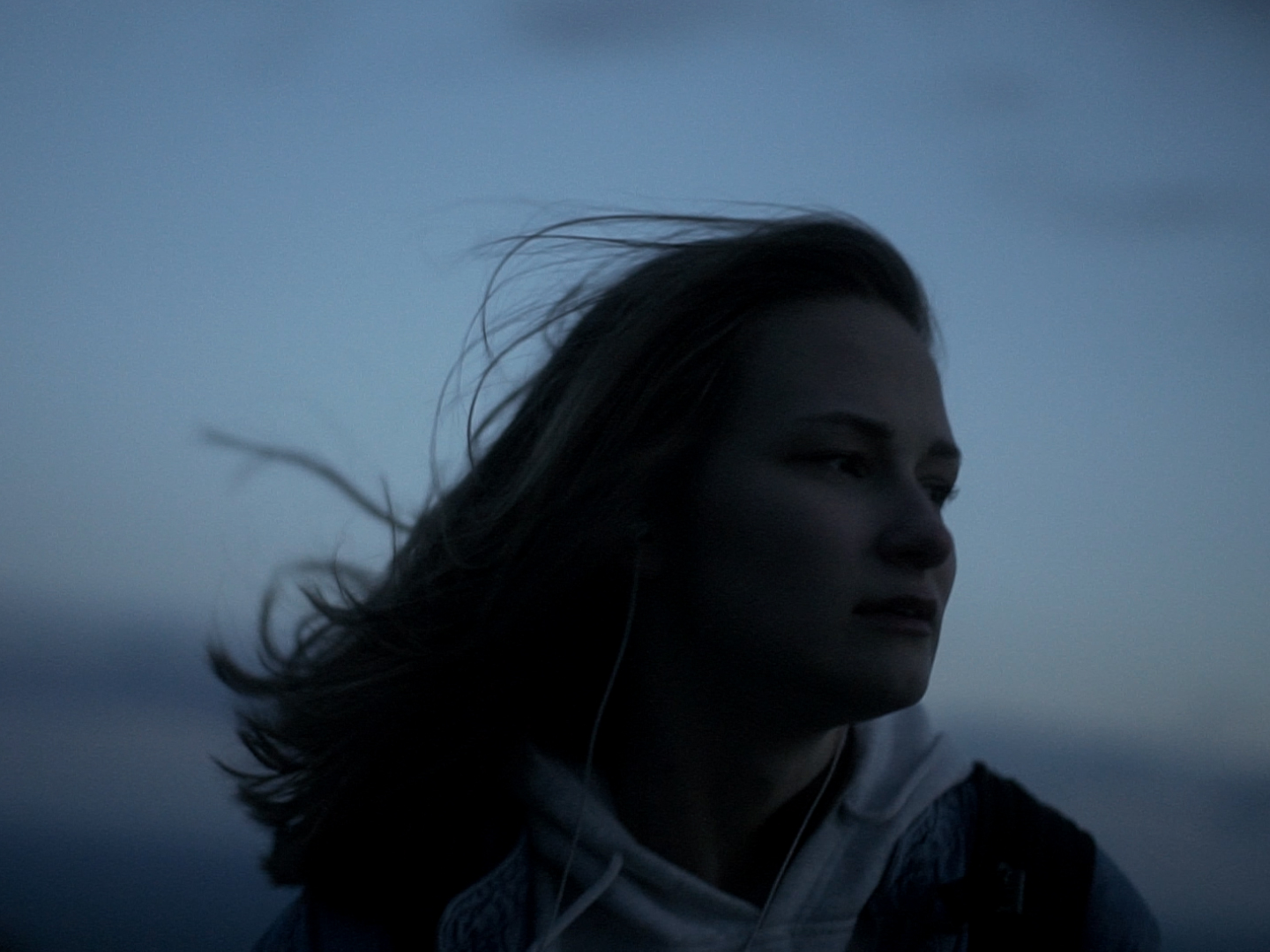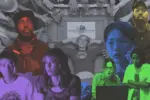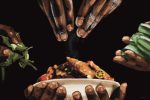Adopted by single mom at six months old from Ukraine, Sweet Briar College student Catherine McCord emerged a promising filmmaker and is one to watch. In 2019 at NFFTY, the world’s largest film festival for emerging directors, McCord surpassed all her expectations, winning the Kathy Reichgerdt Inspiration Award.
Her winning documentary, “You’re Gonna Be Okay,” recalls her undergoing open-heart surgery post recovery. Through vintage home movies and clips of her present overlapped with voicemails, McCord recounts her recovery.
She draws parallels between past and present events, like learning her first steps as a baby to regaining that same strength after surgery as a teenager, opens an audience’s eyes to experiences individuals endure where they must learn to walk again before they can run.
McCord grew up in a creative home and graduated high school two years early at age 16. Given tremendous support and freedom to explore filmmaking these past two years, this optimistic and self-driven filmmaker completed seven short films.
Drawn to personal filmmaking, McCord is currently focused on finishing her short documentary about her 92-year-old grandfather who, after 73 years of marriage, lost his wife this past Christmas. Transferring over 50 hours of vintage home footage to digital format, McCord was able to learn and witness a number of significant moments about her family — her mom growing up, cousins’ births and countless Christmases.
McCord is preparing to move 10,000 miles away from home for a yearlong film internship with Røde Microphones in Sydney, Australia. However, before she goes, I got the chance to talk with McCord and learn more about this aspiring filmmaker and her journey firsthand.
Desiree James: I watched several of your films and it’s obvious you shoot with such passion and heart. Where would you say your love for filmmaking comes from?
Catherine McCord: I’ve always loved storytelling in a variety of mediums: music, theatre, dance, film, etc. My mom was a college professor and concert pianist for four decades, and when I was around five years old, I attended her film score class that would analyze and discuss well-known film music. I think my love for film stems from there. I started making small movies with my friends at home around 12. My mom has always supported me and has been the voice that says, ‘Do what you love and keep going!’ I don’t think there is anything more encouraging than that.
DJ: Is there a general filmmaking process you go through creating these films?
CM: Hmm, I don’t know if I have an exact filmmaking process, but I’m a firm believer that the only way to get better at something is by repetition. I’ve never made anything that hasn’t taught me something, and I take those lessons with me to hopefully make something even better the next time.
DJ: This is a big industry you’re pursuing and one you seem to be excelling in at such a young age. Have you yet faced any challenges in filmmaking or the film industry?
CM: I’m still so young that I luckily haven’t experienced many of the challenges that other filmmakers face when making films. I live in a mid-size city [Lynchburg, Virginia] where there is only a handful of filmmakers, all older than me. So, I have not had people to help or to teach me the different roles for crew: Director, producer, director of photographer, editor and so forth.
The biggest challenge has come in teaching myself all the crew roles for each production. On the past eight films I’ve directed, I’ve also been the core writer, DP on the majority, editor and producer. I think this has given me confidence in those areas had I not learned them early on. My mom has also helped produce, and she has bought me books on film. With each film I’ve found ways to work on incredibly low budgets, but never letting that be an excuse not to make something of substance.
DJ: What kind of stories in your films are you most interested in telling and why?
CM: I’ve realized that the stories I feel most fulfilled in are ones that promote empathy and ones that can show someone’s experiences in a way where a viewer can relate to them or gain a new perspective. Film speaks in a universal language, using images to say what words cannot. This is such a powerful tool that can transcend many of the barriers that society expects us to accept.
DJ: What would you say brings your films to life most?
CM: I’d have to say people and their stories. I am drawn to human stories that lean into the vulnerable and authentic experiences that shape who we are and where we have come from. I believe that if you take a moment to choose understanding, beauty can be found in the extraordinary but also the ordinary, which to me is truly inspiring.
DJ: Your film “You’re Gonna Be Okay” is a very personal piece. A lot of your own feelings and the feelings of those close to you needed to be exposed in order to create this piece. Why did you find it important to share your story “You’re Gonna Be Okay”?
CM: I made the film as a way to help myself through the recovery process and to thank my incredible medical team and family for being there for me. The idea that it could go beyond that and reach others, too, is so fulfilling.
People have asked me why I chose to make the film when I did. I truly believe that in any art form, that who you are when you make a film reflects your thoughts, feelings and perspective of that moment in time. Had I made it later, one or two years after my surgery, the story would be so different. I’m glad I made it when I was still in the early stages of recovery, because I know that years down the road, I will be grateful to look back and remember how I felt and the people in my story that made such a difference.
DJ: While going through this time of your life, did you know it would be your inspiration for your next film? Or was it after your experience that you realized you wanted to share this story?
CM: I knew I was going to make something during the days leading up to my surgery. I didn’t know what it would look like or what details I would include though. Film has always cultivated so much joy in my life and at that time it had been awhile since I’d made a film. So, I knew that after the recovery process, I would have something to look forward to and a place to put all of my energy.
DJ: The NFFTY is clearly a huge film festival, very competitive. How did you feel in that moment winning the award at NFFTY?
CM: That night, the awards ceremony consisted of over 50 categories and mine was the very last to be announced. I can honestly say I wasn’t expecting anything and at that point in the night my friends and I were ready to get out of the theater and have fun at the after-party. So, when they called my name it was a joyful, but surprising moment. One of my favorite things about NFFTY is the incredible support and love you feel from the peers around you. Hearing them cheer you on is unforgettable.
DJ: Is there anyone you’d like to thank for where you are now as a filmmaker?
CM: Again, I’d probably have to say my mom. She has served as a co-producer on all of my films and has always been a listening ear for me when I pitch new ideas. I can remember a time when I was working on a tight deadline for a film and finished a rough cut around 4 a.m. and woke my mom up to get her notes. In hindsight, I understandably would have expected a pie to the face for that, but she willingly got up and helped me.
McCord shares all her films on Vimeo: “Come Back to Me,” “Fear No Evil,” “A Dad’s Letter” and so many more to get lost in. I know I did.
















